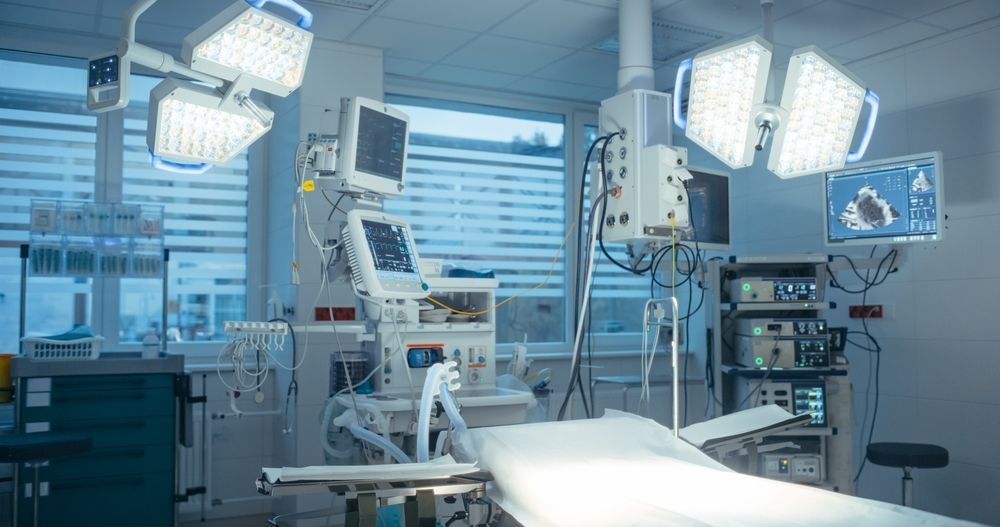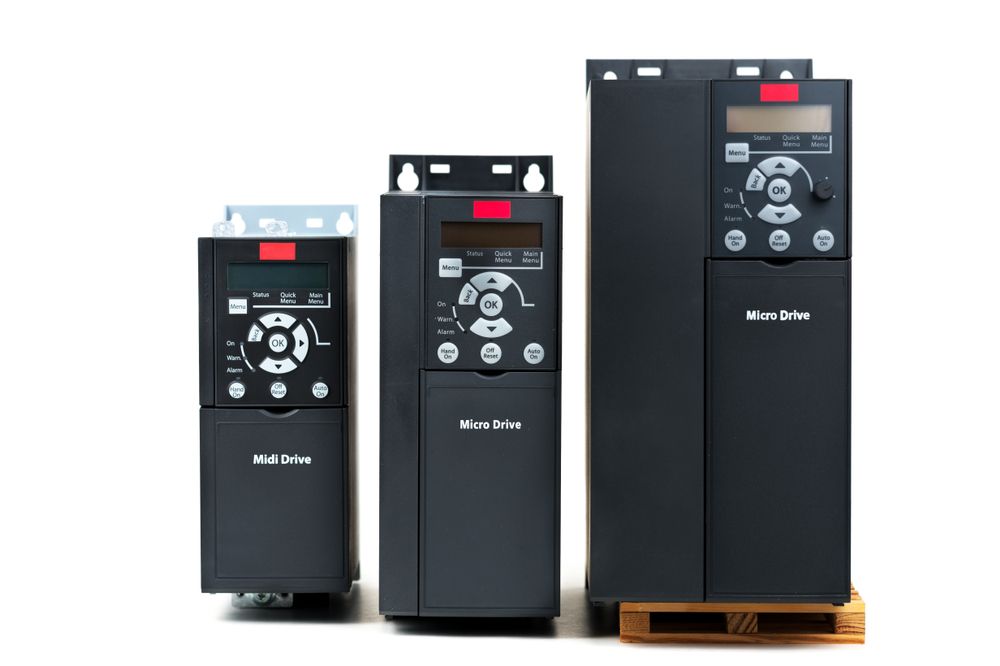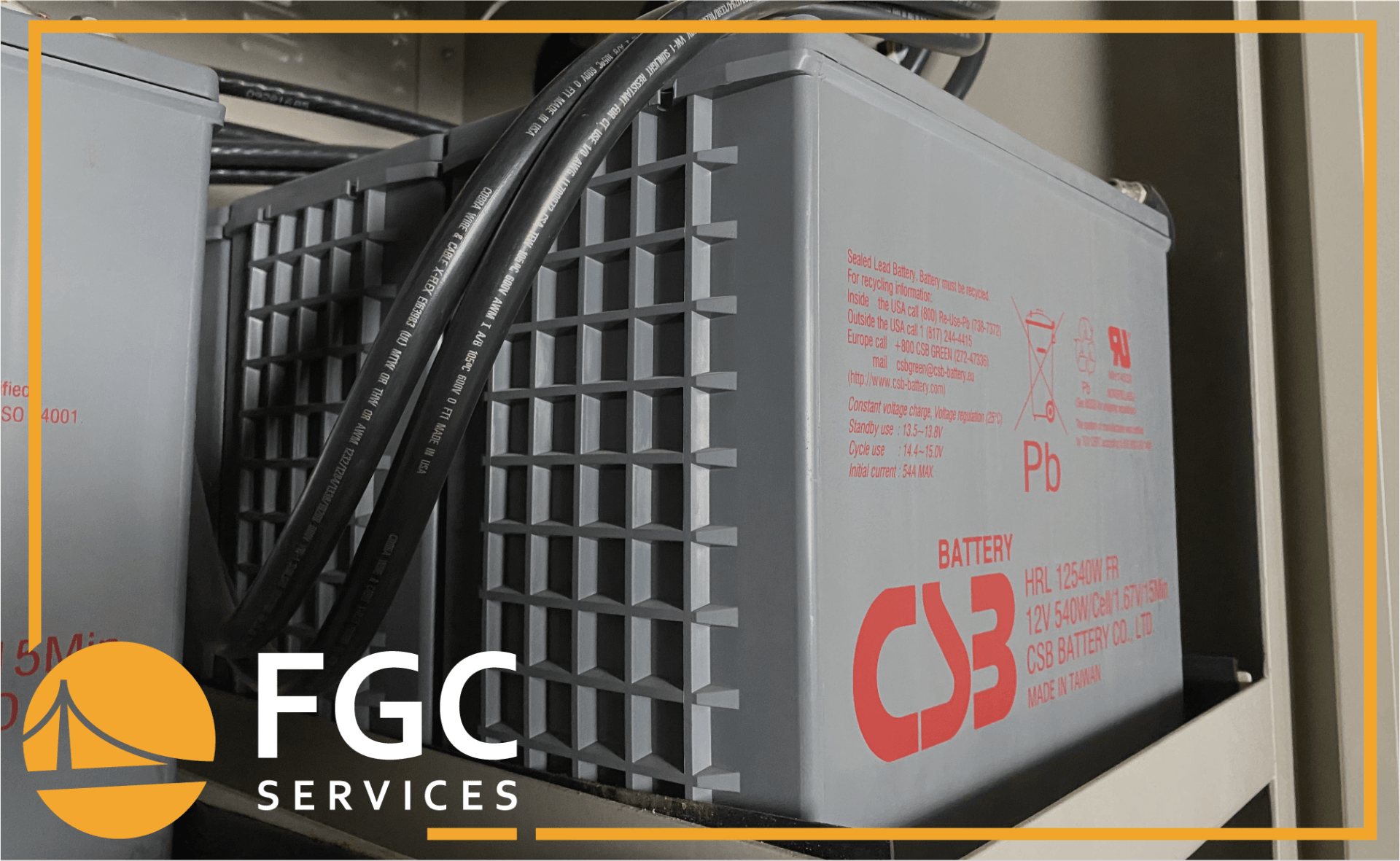The Importance of Medical UPS Maintenance for Hospitals
28 May 2025
Share this article:

Hospitals depend on a steady power supply to keep life-saving equipment running, protect sensitive patient data, and maintain daily operations. A sudden outage or voltage fluctuation can disrupt everything from surgical procedures to laboratory tests, putting patients at risk and delaying urgent care. Medical UPS (Uninterruptible Power Supply) systems act as a safeguard, providing backup power when the main supply falters. However, like any power system, they require routine maintenance to perform at their best. Without proper upkeep, even the most advanced UPS units can fail, leading to costly disruptions. Regular inspections, battery checks, and system testing help keep hospitals powered, protecting both patients and critical infrastructure from unexpected power failures.
Understanding Medical UPS Maintenance
Medical UPS maintenance involves a structured approach to keeping backup power systems in top working condition. Medical facilities depend on backup power to support ventilators, imaging machines, and life-saving equipment. Over time, batteries degrade, capacitors wear out, and internal components accumulate dust or heat stress, all of which can lead to failures if left unchecked.
Routine maintenance includes battery inspections, load testing, thermal scans, and firmware updates to detect and correct potential issues before they cause disruptions. Preventive servicing also helps extend the lifespan of UPS units, reducing emergency repair costs and unexpected downtime. Hospitals operating without a comprehensive maintenance plan risk sudden power interruptions that can compromise patient safety and delay essential medical procedures.
Partnering with a specialized UPS service provider ensures hospital power systems remain reliable at all times. Expert technicians can identify hidden risks, perform timely repairs, and recommend upgrades that keep medical facilities prepared for any power-related emergency.
Key Components of UPS Maintenance
A medical UPS system requires routine maintenance to stay reliable. Several components need regular inspection and servicing to prevent failures and extend equipment life.
- Battery Maintenance: UPS batteries lose capacity over time, which can weaken backup power. Voltage checks, thermal scans, and regular testing help identify failing batteries before they cause disruptions.
- Capacitor and Fan Inspections: Over time, capacitors and cooling fans wear out, leading to overheating and reduced efficiency. Replacing them at recommended intervals helps prevent unexpected shutdowns and system damage.
- Firmware and Software Updates: Outdated firmware can create performance issues or compatibility problems. Regular updates improve efficiency, correct vulnerabilities, and keep the system running smoothly.
- Load Testing and Performance Checks: Testing the UPS under simulated power loss conditions confirms that it will function properly in an actual outage. Routine performance checks help identify weaknesses early, reducing the risk of unexpected failures when backup power is needed most.
The Critical Role of UPS Maintenance in Hospitals
Power disruptions in a hospital setting can have serious consequences. From life-saving equipment to patient records, nearly every aspect of hospital operations relies on a steady power supply. A well-maintained UPS system provides backup power during outages, keeping vital systems running without interruption. Routine maintenance helps prevent failures, extend equipment life, and minimize costly downtime. Hospitals that invest in regular UPS servicing can protect patients, staff, and critical infrastructure from the risks associated with unexpected power loss.
Protecting Patient Safety
When power fluctuates or fails, medical equipment such as ventilators, infusion pumps, and
monitoring systems must continue operating without delay. A malfunctioning UPS system can put patients at risk, especially in emergency and intensive care units. Routine maintenance helps prevent battery failures and ensures that backup power is available when needed, providing uninterrupted care for patients in critical condition.
Safeguarding Medical Records and Data
Hospitals store vast amounts of patient data, from medical histories to test results. An unexpected power loss can lead to data corruption, system crashes, or even permanent loss of records. Regular UPS maintenance helps prevent disruptions to hospital servers, keeping electronic health records intact and accessible. Testing and monitoring also ensure that network infrastructure remains protected, preventing delays in diagnosis and treatment.
Powering Surgical Precision
Surgical procedures require precise, uninterrupted power. A sudden outage can compromise operating room equipment, forcing surgeons to halt procedures or switch to manual methods. UPS maintenance helps avoid these high-risk situations by keeping backup power systems fully functional. Preventive servicing reduces the risk of power-related complications, allowing surgical teams to focus on patient care without worrying about electrical failures.

Supporting Pharmaceutical and Lab Accuracy
Pharmacies and hospital laboratories rely on refrigeration units, testing equipment, and automated dispensing systems. A power failure can lead to spoiled medications, inaccurate test results, or delays in providing essential treatments. UPS maintenance ensures that these critical systems remain operational, preventing costly product losses and maintaining accuracy in medical testing.
Ensuring Food Safety in Hospital Cafeterias
Hospital cafeterias provide meals to patients, staff, and visitors, making food safety a priority. Refrigeration failures caused by power loss can lead to spoiled food and health risks. A well-maintained UPS system keeps kitchen appliances running during outages, preventing foodborne illnesses and reducing waste. Routine maintenance helps cafeteria operations remain safe, efficient, and compliant with health regulations.
How to Choose the Right Medical UPS Maintenance Partner
Selecting the right UPS maintenance provider for a hospital requires experience, reliability, and a deep understanding of healthcare power systems. Look for a partner with a proven track record in medical environments and nationwide service coverage. A strong provider offers
24/7 emergency support, preventive maintenance plans, and real-time monitoring to detect issues early. They should also provide compliance reporting to meet healthcare regulations. Customized service agreements ensure maintenance aligns with hospital needs, reducing the risk of unexpected failures. Choosing a trusted partner helps hospitals maintain continuous power, protect patient safety, and avoid costly disruptions in critical medical operations.
Contact FGC for Healthcare UPS Maintenance Services
Facility Gateway Corporation provides expert UPS maintenance to keep hospitals powered and protected. Our team offers preventive servicing, real-time monitoring, and 24/7 emergency support to prevent downtime and safeguard patient care. Don’t wait for a power failure to take action.
Contact FGC today to discuss a
customized maintenance plan and keep your hospital’s backup power running at peak performance.
Connect with Us:





